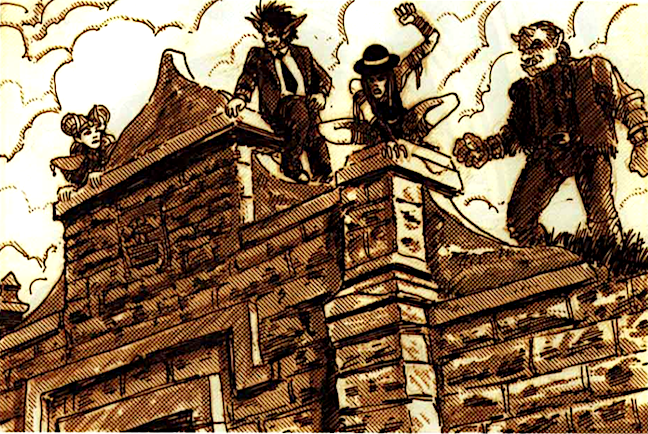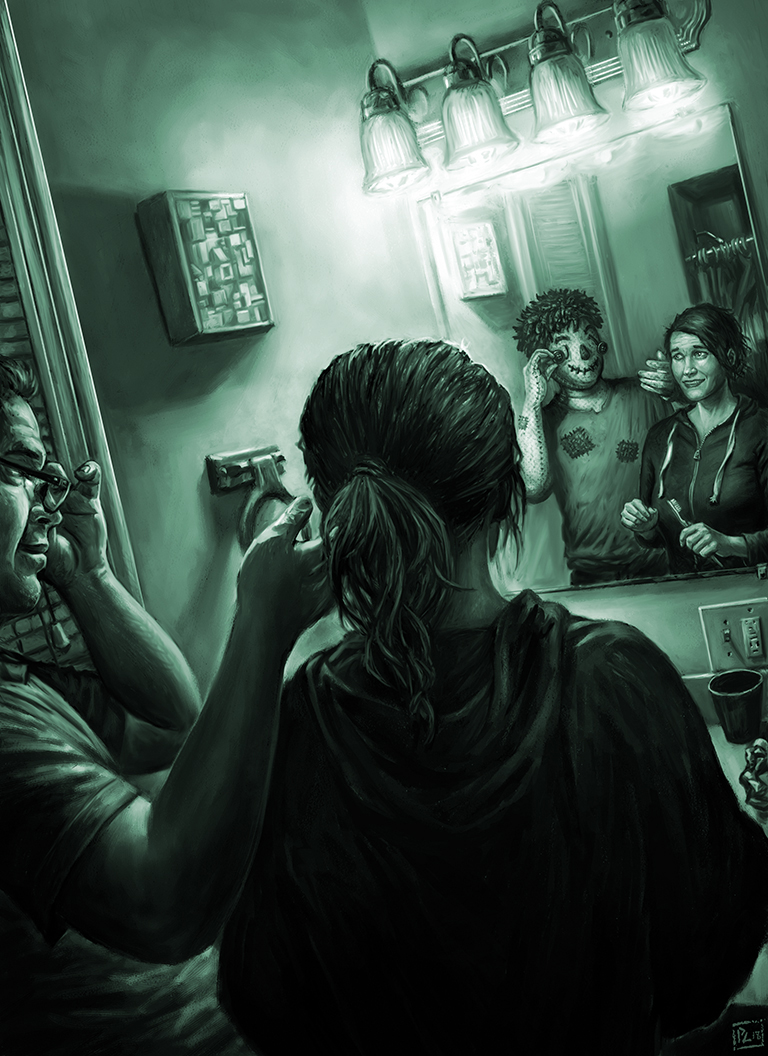

Many unwilling mortals became the victims of their cruel games. They played tug-of-war with whole armies and tried to outdo each other with treacherous ravaging. They rather reveled in the power they had over the mortals of the time they lived on the dreams formed in temples dedicated to them and savored the ability to wreak havoc fueled by the strength of mortal belief.īeing exiled from Arcadia, this unseelie crew amused themselves with the lives and hearts of the mortals over whom they ruled. To the simple shepherds and farmers of Greece, the faeries were gods and the fae saw no reason to correct them. Zeus, along with his other Unseelie sidhe underlings: Hera, Hermes, Apollo, Ares, Aphrodite, became renowned for their ruthless politics and squabbles and plotting raged constantly. The mortals of Hellas bowed to him and called him "King of the Gods." Out of spite, Zeus named part of his new kingdom "Arcadia" so that he could say, without lying, that he ruled all of Arcadia and more, as had been his dream. before long he had built a reputation for himself and his court. Humans spread word of his magic and power.

He spied on mortals by disguising his form, whether as human or animal, and revealed his true form only when it suited his purpose. In time, Zeus gathered his own Unseelie court around him and took a queen, Hera, from among his fellow sidhe. He constructed a castle of sunshine on Mount Olympus and made no attempt to hide his golden keep from mortal eyes, though few humans could climb those steep cliffs.

Earth held just as many opportunities as Arcadia and Zeus began to build his own kingdom in the lands of Hellas. The loss wasn't as painful then as it would be in modern times. Simon Frost took the throne and Zeus was forbidden to ever return to Arcadia. His plot was discovered and as his punishment, the Tuatha de Danann banished him to the mortal world forever, along with those loyal to him. Zeus' plans didn't follow through quite as he had hoped, though. The following upheaval nearly cost Simon his life. Deviously, he tricked Simon into murdering a Seelie sidhe. In that distant past, Simon Frost prepared to take the Arcadian throne for the Unseelie Winter but an Unseelie sidhe named Zeus, filled with jealousy, claimed the throne should be his instead. fae with mortal, fae with fae, mortal with mortal. Mortals brought to Arcadia by loves or enemies lived there for a year and day. Fae not only chose to visit the mortal realm but some even chose to live there. The Mists had not developed mortals still believed in the fantastic. Nothing restricted travel between Arcadia and Earth. The Tuatha de Danann ruled the fae as mortal chieftains of the British Isles oversaw their people. Arcadia's political system hadn't developed feudal structure. They accepted faeries and monsters and mythical creatures as readily as they did trees, earth, and sky. Mortals knew magic was a natural part of their world. Long, long ago, faeries and humans walked side by side, their realms coexisting in perfect balance.

The same civilization that brought the glory of the Olympic games, the magic of mythic gods, and the sexual freedom of Lesbos and Athens, also created the satyrs. Born of the myths and legends of Greece, the have a unique heritage that colors their outlook on the world. They'd rather seek out their own adventures than hear what someone else did "once upon a time." Nevertheless, they can't deny that they are a product of their own history like all other changelings. As most satyrs live on the edge of tomorrow, they have little care for stories of how the world used to be.


 0 kommentar(er)
0 kommentar(er)
